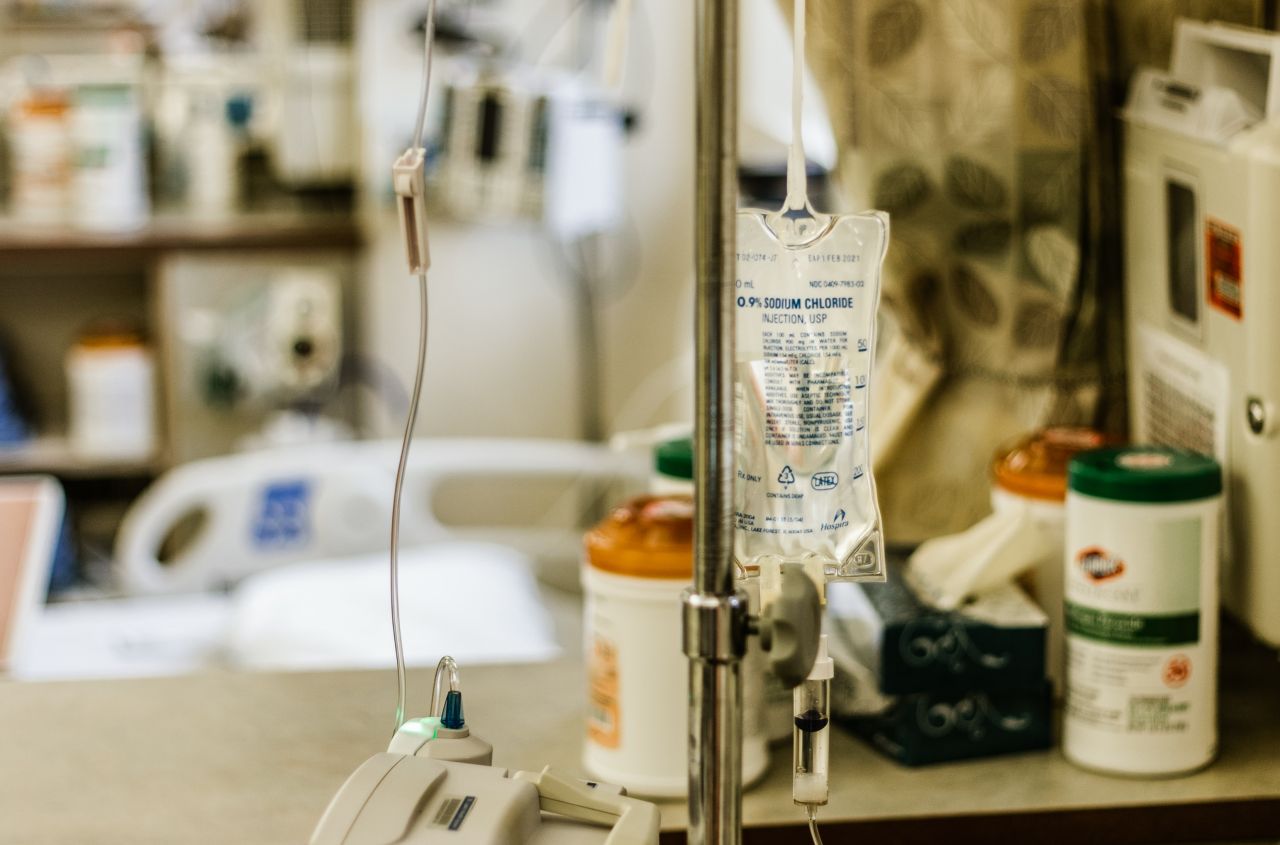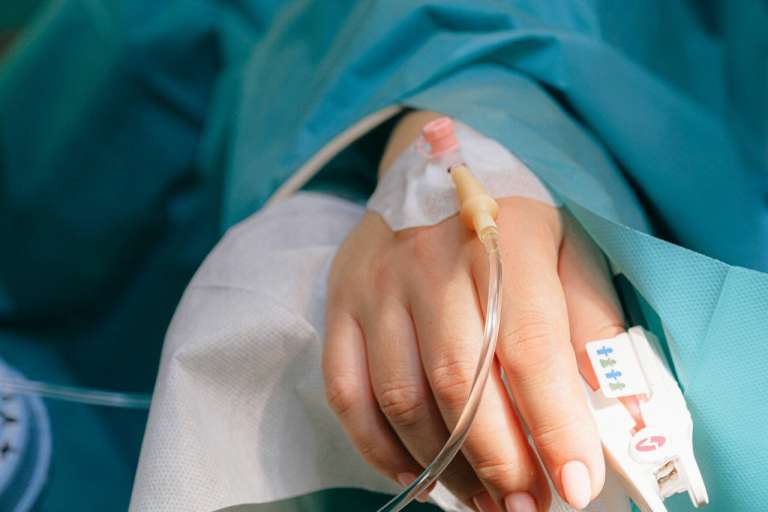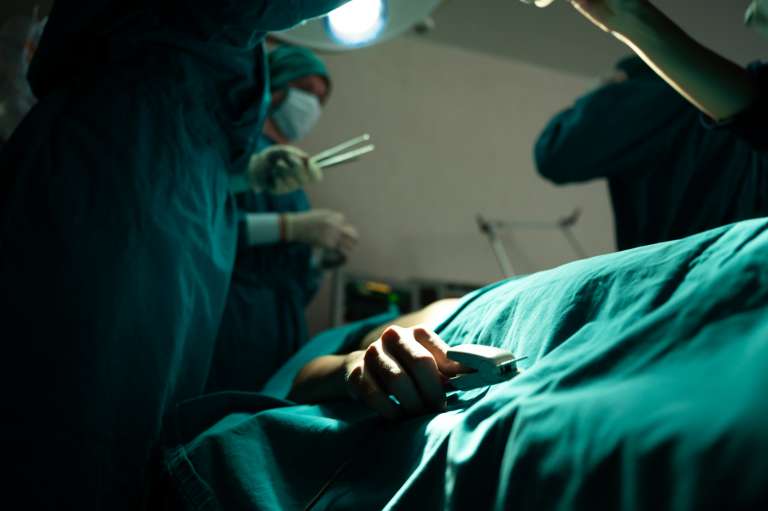The NHS has declared a national emergency over a shortage of intravenous feed, vital to hundreds of vulnerable patients. Total Parenteral Nutrition, also known as TPN, is a nutritional feed used by patients whose bodies are unable to digest normal food. Administered via vein, the feed provides essential calories and nutrients, tailored to the individual needs of each patient and can be used both in hospital and at home.
The intravenous feed shortage in the NHS comes after British manufacturer Calea were forced to take immediate action following an inspection by the Medicines and Healthcare Regulatory Agency. Found to be failing to meet safety standards after the presence of potentially fatal bacteria was identified on-site, Calea have reduced production while they implement changes.
A spokesperson for Calea said: “Following a routine MHRA inspection in June 2019, we were directed to change the process by which we add trace elements and vitamins to our parenteral nutrition bags, in order to align with latest standard industry practice. As a result, the time taken to produce bags has increased considerably and this has, unfortunately, affected the supply to patients.”
Calea later informed the NHS of a voluntary decision to impose a production capacity restriction in order to restore a reliable supply long term.
Writing to all NHS hospital trusts, clinicians and affected patients, national patient safety director Dr Aidan Fowler stated that the issue had officially been declared as an emergency incident at the highest level, under the Civil Contingencies Act.
He wrote: “We realise that the disruption presents a clinical risk and have been careful to try and balance the risk of contamination and sepsis against the risk of supply disruption, which we know has already had a significant impact.
“This is a difficult balance but we are of the view that the manufacturing changes are necessary to ensure safe supply now and in the long term.”
He also warned that the disruption/crisis is likely to last much longer than the initially anticipated four weeks and outlined plans to ration the product to those most in need.
Limited supplies are now being allocated to NHS trusts by a national incident team and hospitals have been asked to review patients receiving TPN, to ensure that only those deemed ‘high risk’ are given the feed. Some parents have reportedly been told to go to A&E if vulnerable children were left too long without being fed. Other patients are being moved on to what is known as ‘off the shelf’ standard bags of feed with extra supplements.
Emergency planners, experts and officials from the Department of Health and Social Care are now investigating whether supplies could potentially be obtained from abroad, if the shortage continues.
Meanwhile a Calea representative said: “Supplying patients is Calea’s number one priority and we apologise to patients and their families for the distress caused.
“We are fully committed to working with the MHRA and the NHS Action Group to return to usual and reliable supply levels as quickly as possible during this challenging period.”
How Pryers Solicitors Can Help
Pryers are medical negligence experts, if you or a loved one’s health has suffered due to a delay in treatment speak to our experts to find out if you can make a negligence claim.





